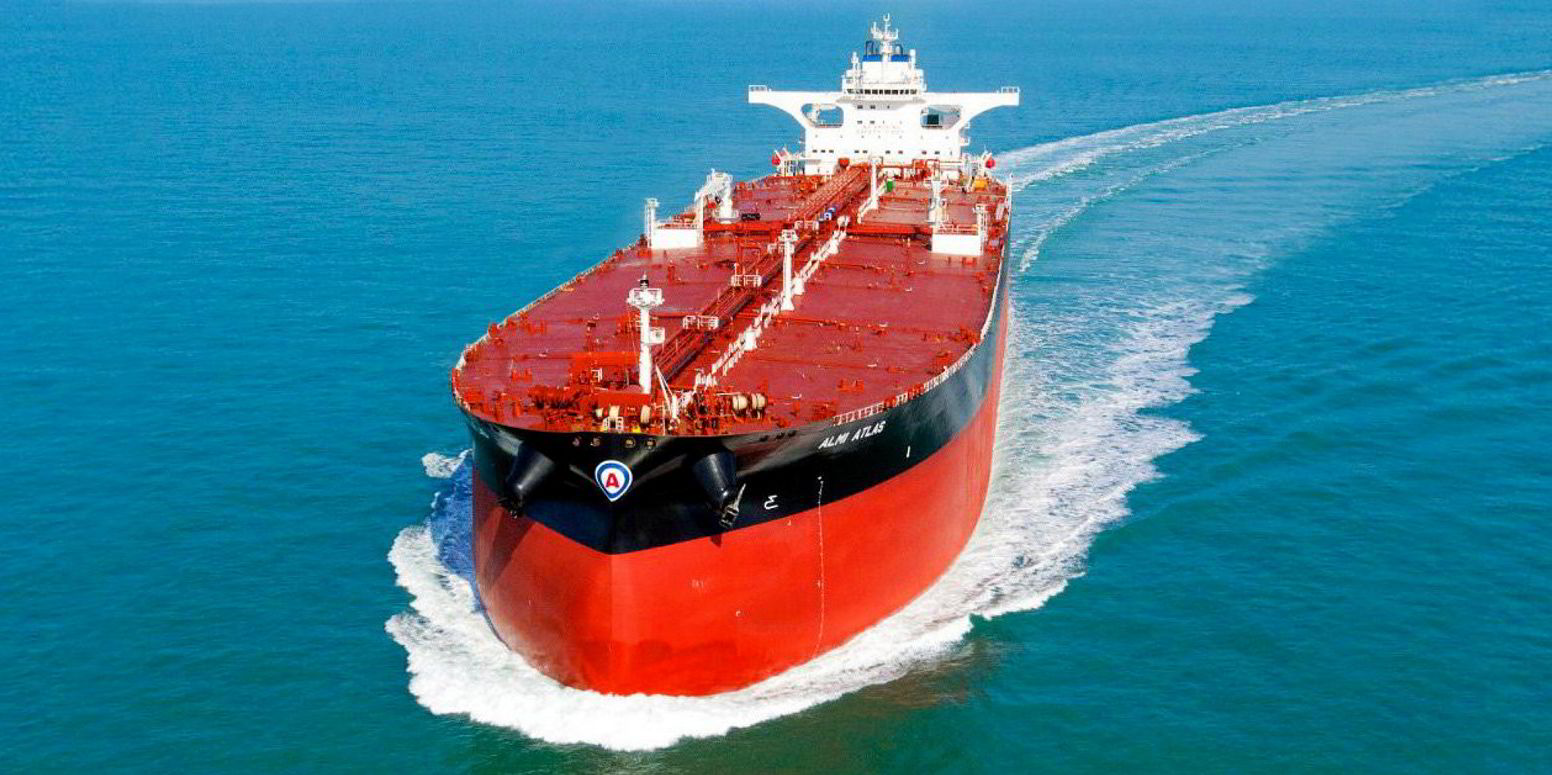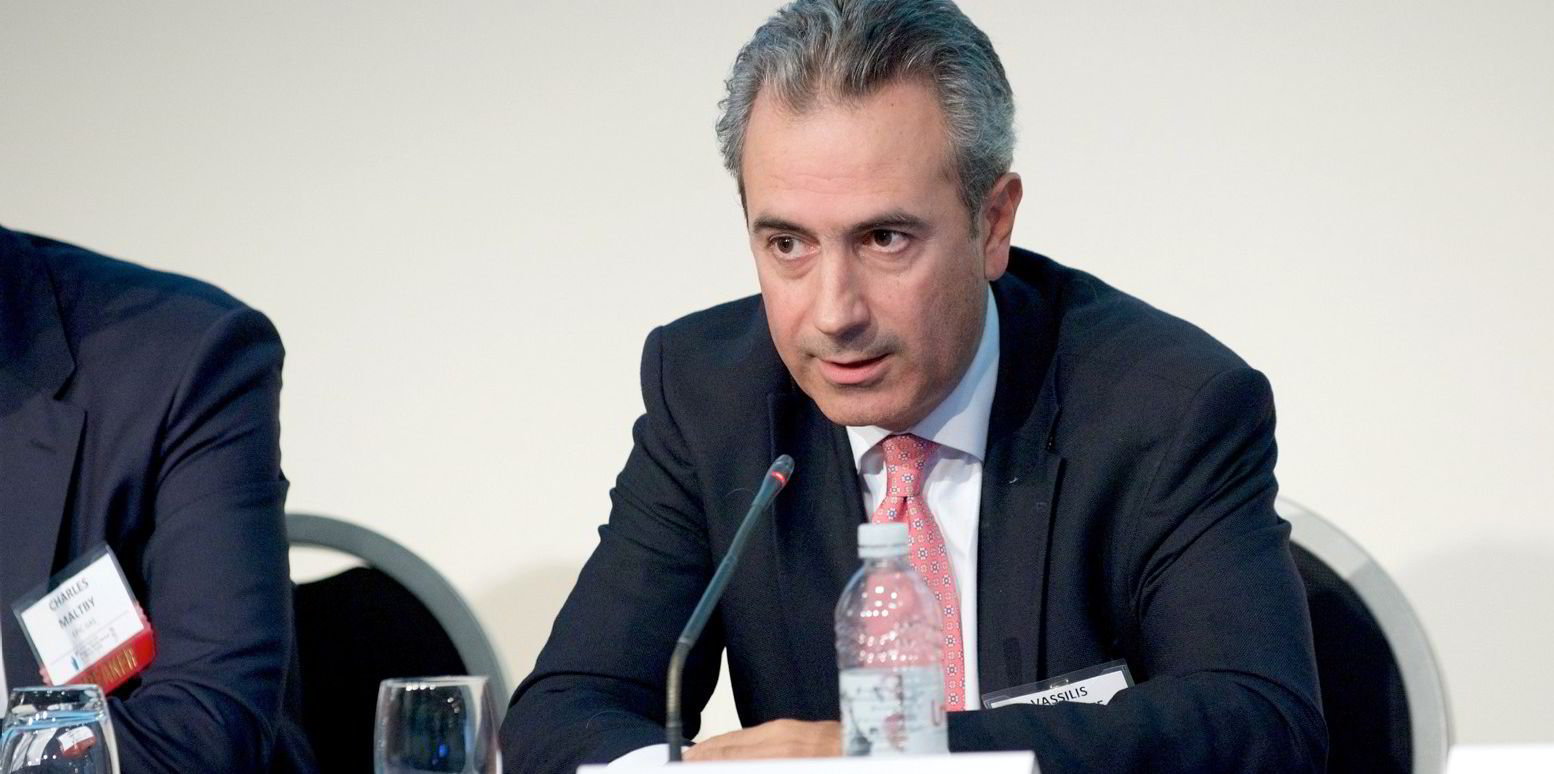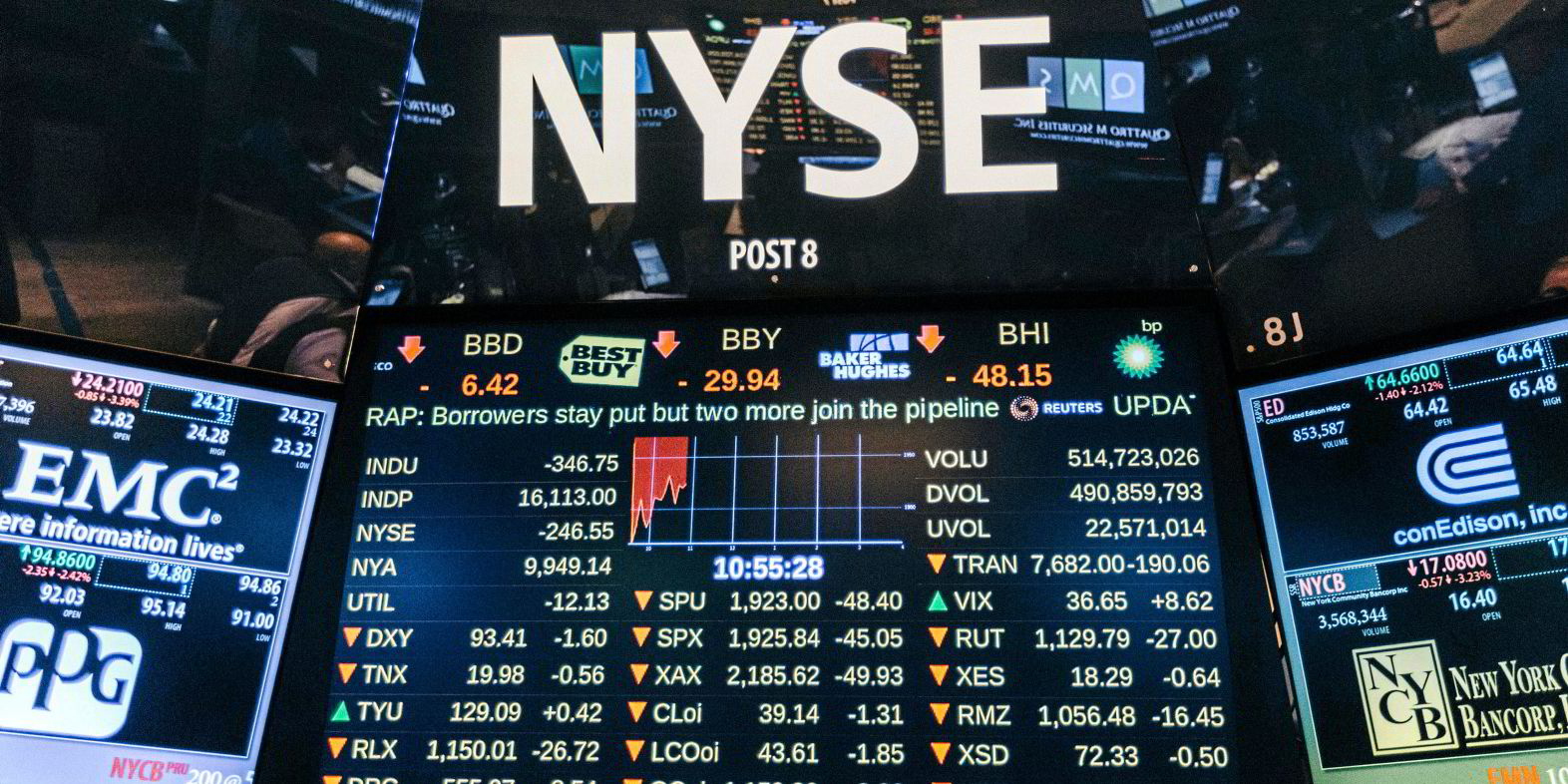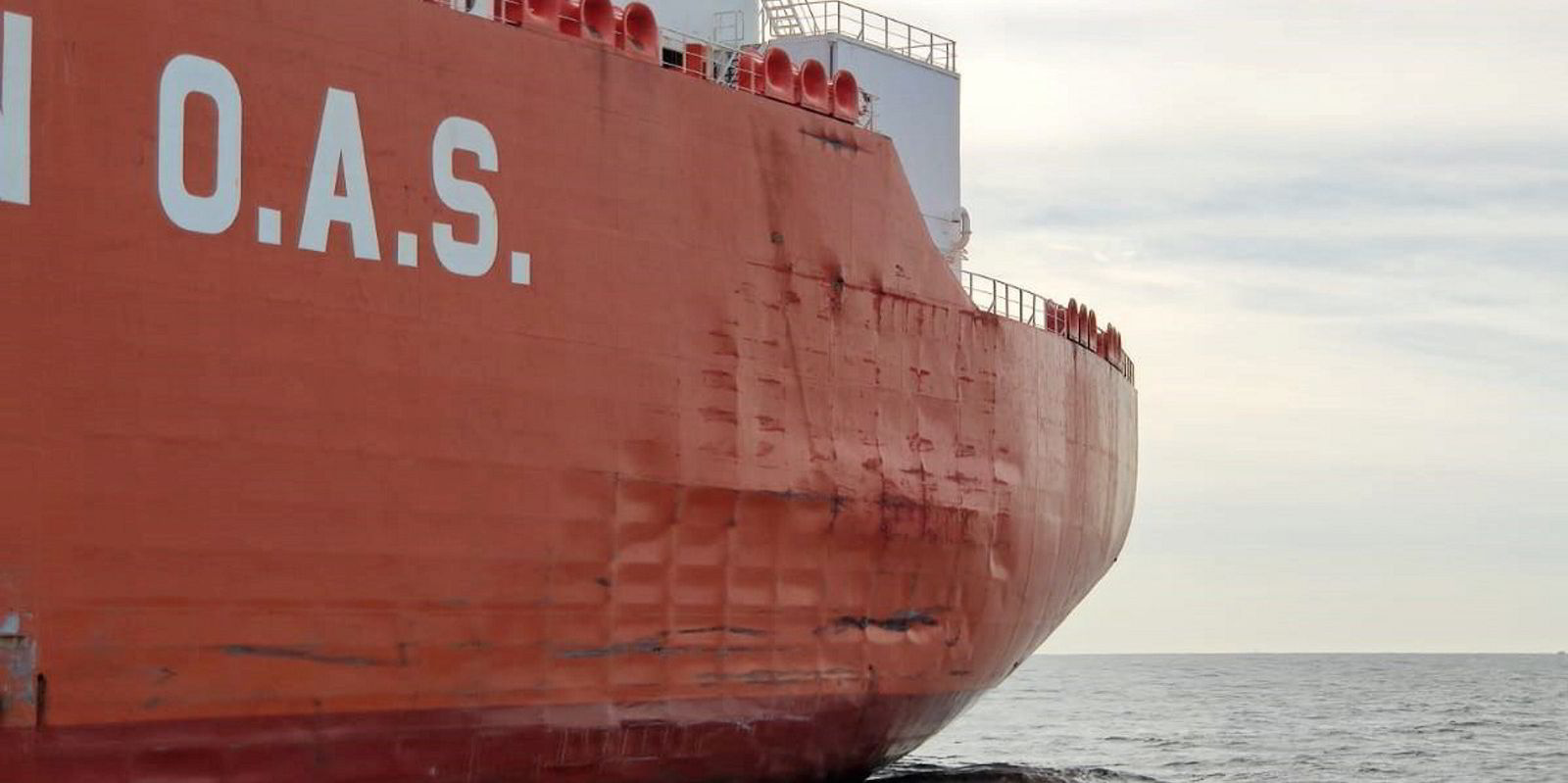It is going to be some time before VLCCs see an improving market, Alphatanker said in its April monthly note.
The research arm of AXS Marine said that even when Opec decides to pump more oil into the market, it would represent a "measly" 1.8m barrels per day to be shared across all tanker asset classes.
It will not be until the third quarter that Opec would start ramping up production further, Alphatanker said.
"Bearing in mind that we expect that the majority of these incremental barrels will be refined in Asia, and thus will be transported long-haul, we project that the VLCC demand and thus earnings should steadily improve over [the third quarter of this year]," the note read.
"Although this is not expected to translate into stellar earnings, it should help earnings to nudge closer to break even levels. In our opinion, it will be [the fourth quarter of 2021] when crude tanker rates, and especially VLCCs should start to see some sustained improvement in rates."
While much of the rest of the shipping industry sees strong rates, tanker owners have been left waiting for Covid-19 vaccination to become widespread to spur on oil and tanker demand.
Many have pegged the second half of the year as when things would start to look up for the sector.
The Baltic Exchange's Baltic Dirty Tanker Index finished last week up three points to 606, with VLCC time charter equivalents assessed at negative $5,813 per day. Rates fell into negative in mid-January and have not risen above zero since.
Suezmaxes were assessed to be earning $433 per day and aframaxes at $1,119 per day.
Alphatanker said aframaxes were supported by weather delays in the Baltic and Black seas and the return of Libyan production.
"Going forward, we project that aframax earnings will weaken in line with seasonal trends as weather delays dissipate. However, earnings in the west should receive some support as Russia hikes its exports via the Baltic and Black Sea," the note said.
For suezmaxes, Alphatanker expects demand for West African crude will rise as Europe starts to rebound.
"Indeed, this trade has been lacklustre of late given that a higher proportion of West African crude has been shipped to Asia on VLCCs as many European refiners have not been buying barrels," the analyst said.







